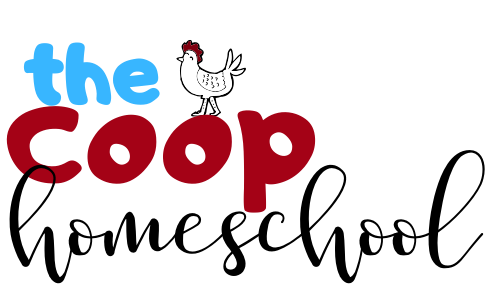Character Complexity - Teaching History without Heroes and Villains
*some of our recommendations may include affiliate links, which means when you order them from Amazon, we will receive a small commission.
If you haven’t read All the Light We Cannot See, by Anthony Doerr - seriously stop what you are doing right now, and go read it.
Now that you have read it, let’s talk.
Really, this isn’t a book review, but a brief reference to complexity of character that came to mind when I was I thinking of one of the 5 C’s of studying history. (For more about the 5 C’s, check out our latest podcast episode, Teaching History, where we interview a historian. This historian’s book, or another’s blog also dive into this idea.) In the Doerr historical fiction novel, Hitler Youth character Werner Pfennig presents as an uber complex character - part of Hitler Youth, but also kind-hearted and just trying to survive through a horrific time during WWII. This young Nazi fictional character represents the struggle between right and wrong within a single person, and the idea of good being stuck in an environment where goodness is used for destruction.
Pfennig is a complex character - neither hero nor villain. If he was a true historical figure, in some households he might be touted as brave or as a victim. In other households, Pfennig would have been “canceled” because he sinned against humanity. But according to historians, you cannot study people that way. Every person is complex. We can dig up dirt on anyone…dare I say…even on people like Abraham Lincoln and MLK? But we can dig up dirt, even if we have to dig deep, because every person is complex, including you and me. And according to accomplished historians, we need to teach history that way to our children. We need to be honest in our historical instruction with our children. We need to stop vilifying and canceling historical people because of the sins they committed, just as much as we need to stop hero-worshiping them. Teach historical people as human beings who have complex characters, live complex lives, and act in complex contexts.
Because every person is complex, they are neither purely hero nor purely villain. And that should encourage us…because in the end it shows that historical figures are not better than us - they are just like us. And that means we too, amidst our toil and struggle to live good lives, it means that we too can do great things.
The Coop Homeschool is a participant in the Amazon Services LLC Associates Program, an affiliate advertising program designed to provide a means for sites to earn advertising fees by advertising and linking to Amazon.com. See Disclosure Page for more information.



